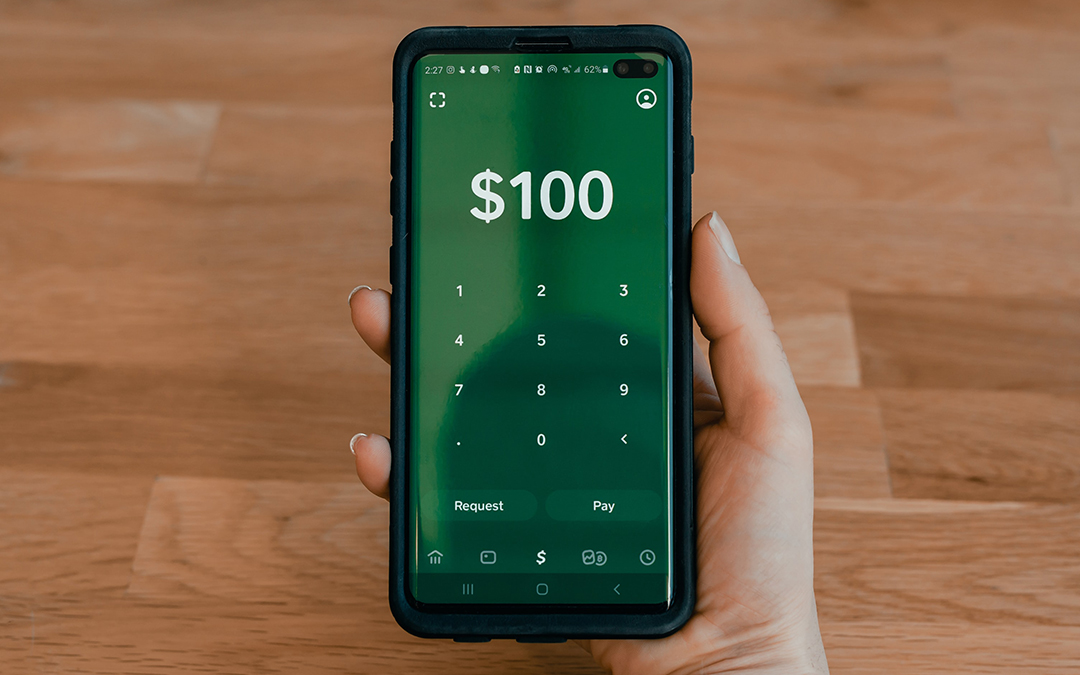
[2023 UPDATE: The IRS has delayed the implementation of the reporting threshold. Read more about the delay here.]
Over the past two decades, the way we exchange money has changed significantly. Long gone are the days when writing checks, initiating wire transfers and paying with cash transactions were the primary mechanisms for conducting financial activity. Now, cash app transactions have revolutionized the way we transfer money, both personally and for businesses.
The Rise of Cash Apps
Now there are a number of technology companies that have revolutionized money transfers with cash apps. For millions of people, these new platforms have been a game-changer. Whether someone uses Venmo to compensate a freelancer or Zelle to pay money back to a friend, financial transactions have changed considerably.
How popular are these new platforms? To paint a picture of their ever-growing popularity, consider that Zelle reported $490 billion in total transactions in 2021—a 60% increase from the previous year. In addition to Zelle, many other apps are available for financial transactions—from Apple Pay to Google Pay to Cash App and more.
What Cash App Transactions are Taxable?
The novel nature of cash apps gives rise to tax-related questions. From understanding what’s taxable and what’s not to knowing how to get the info you need at tax time, there are a number of considerations for cash app users.
It should be noted that those who use cash apps for personal things like splitting a check among friends at a restaurant or buying clothes do not have to be concerned about the tax implications that come with using the app. However, those who make cash app transactions to pay or receive money for services and goods related to business activity need to pay attention.
Change to Cash App Tax Code
According to a new change in the tax code, individuals who receive more than $600 per year in commercial payments from a cash app will receive a Form 1099-K from that app. This is a stark change from before when the apps only needed to issue a form if someone received 200 commercial transactions in a year with $20,000 or more in aggregate value.
There are individuals who may have thought that receiving money for goods or services through a cash app meant that it was not important to list it on their taxes, but this is not the case. Those who receive money by selling goods and services to others should carefully record every transaction that takes place throughout the year, even if payment is received or made using an app. This income needs to be reported to the Internal Revenue Service (IRS) and to state income tax authorities on tax returns.
It should be noted, though, that these costs need to be related to a business. For instance, someone who pays a plumber for a personal home repair through a cash app cannot take a deduction for that amount.
The IRS has delayed the implementation of the reporting threshold. Find out more here.
Keep Good Records to Avoid Penalties
Failing to report income earned through cash apps—or underreporting the amount—exposes a taxpayer to the risk of being penalized by the IRS. Penalties depend on how much money is being underreported and, since IRS penalties can accrue interest, how long the underreporting has been taking place. This is why it is so important to keep track of how much money is earned through cash app transactions for goods and services because it can cause an unnecessary financial headache down the line if it is not properly tracked on the front end.
Cash App Revolution
Cash apps have changed the way we exchange money, providing us with an easy and instant way to pay for goods and services. However, just because the way we conduct transactions has changed doesn’t mean your tax responsibilities have changed. To learn more about the tax implications of using cash apps, contact a Landmark advisor.
The IRS has delayed the implementation of the reporting threshold. Find out more here.